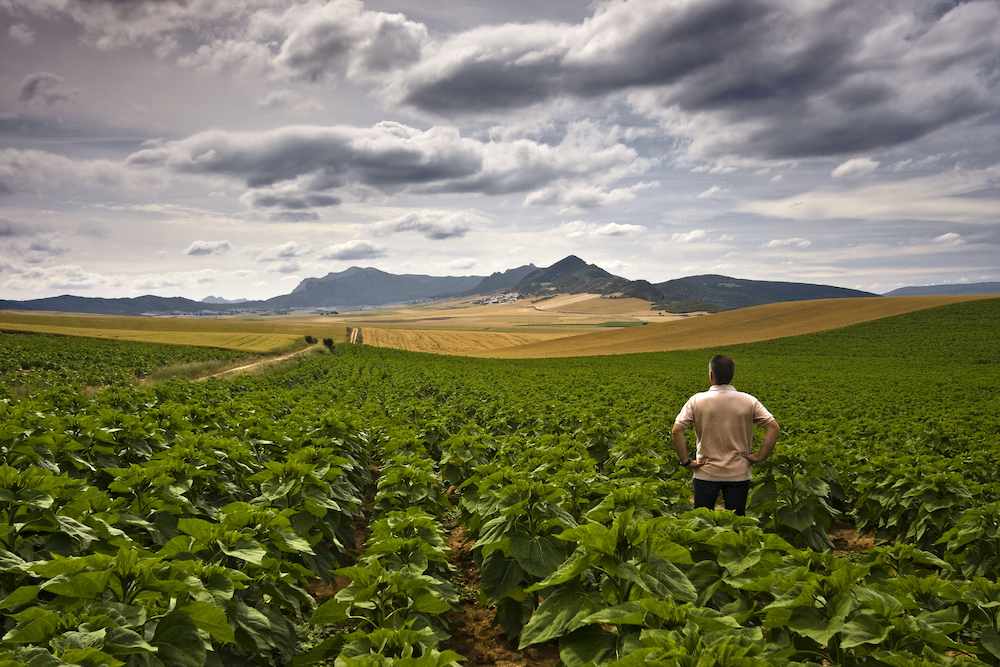Opinion: food safety and Brazilian opportunities

By PMA Brazil representative Valeska de Oliveira
 Brazil and the world are facing some major challenges when it comes to food safety with greater calls for traceability. For example, the National Health Surveillance Agency is currently drafting protocols for supermarkets on minimum pesticide residue levels which will come into effect next year.
Brazil and the world are facing some major challenges when it comes to food safety with greater calls for traceability. For example, the National Health Surveillance Agency is currently drafting protocols for supermarkets on minimum pesticide residue levels which will come into effect next year.
Food safety is paramount at every point in the supply chain. Food safety comprises several aspects: harvest crews, growing areas, packing houses, storage facilities, traceability and social accountability.
For instance, in the Brazil, coordinated by Ministry of Agriculture, Livestock and Food Supply, the Integrated Fruit Growing System (PIF) is a modern system based on good agricultural practices. The mode of production contributes to human development, taking into account worker safety, labor laws, the quality of life of farmers and communities, the conservation of the environment (especially soil and water), and the health and welfare of animals.
The system results in safe food with monitoring at all stages of production, analysis of residues of pesticides and use of appropriate technologies that optimize the way you work. The procedures allow the continuity of the production system, with sustainability over the years, and raise the standards of quality and competitiveness of products to a level of excellence.
The PIF has played a decisive role since 2001 in helping producers qualify not just for this system, but other certification protocols required by the international market.
The PMA in Brazil wants to work closer with growers to help them be compliant and choose the best solutions for their business. Industry bodies such as the Brazilian fruit institute (IBRAF) and the Brazilian Apple Growers Association, to mention just a few, are helping producers with good agricultural practices.
Good management of a plantation does not depend exclusively on the use of pesticides. Rather, the productivity of a crop can be obtained through the integration of different types of control, and together maintain good plant health and plant productivity.
The trend of agricultural enterprises is for integration and complementation of chemical products with new technologies. There are many international chemical companies located in Brazil, which have good relations with growers and are supporting them with the right solutions for following the rules.
Convenience and flavor are aspects that are frequently mentioned by the market.
In Brazil, the most consumed fruits are bananas, apples, oranges and papayas .In the case of vegetables, carrots, lettuce, tomato and potato perform this function. However, there are opportunities to encourage the country’s 192 million inhabitants to venture out of their comfort zone. Brazil PMA is keen to promote new products and ideas to the consumers.
The goal is to provide consumers with something new and exciting which shouldn’t be too difficult given that Brazil has more one of the world’s highest range of different types of fruit thanks to the Amazon. We also want Brazilian producers to make stronger international contacts to help not just exports but expand the country’s range of imports.
Another goal is improving education about fruits and vegetables at schools and colleges so eating healthily becomes a long life habit. Initially, working with children who can then educate their families about the need to have a fruit rich diet.
While emphasizing the health benefits of eating more fruit the key quality which will attract people to buy fresh produce is the flavor. So for us as growers it is crucial we don’t forget how importance taste is.

































